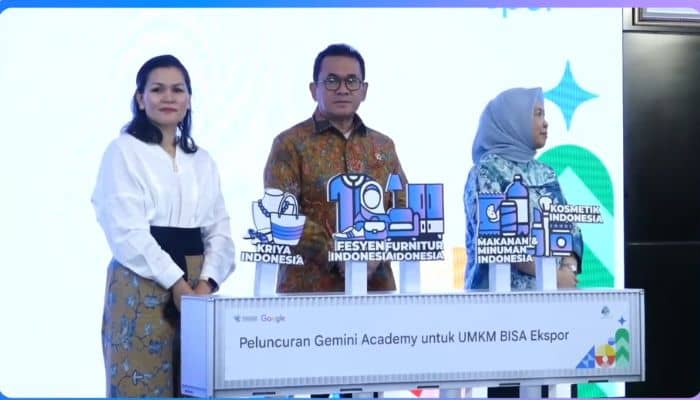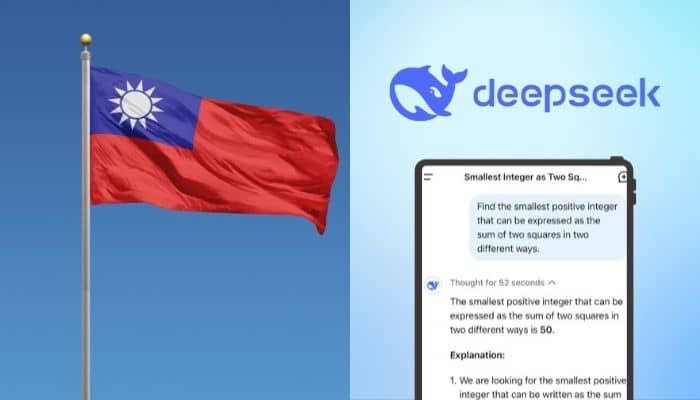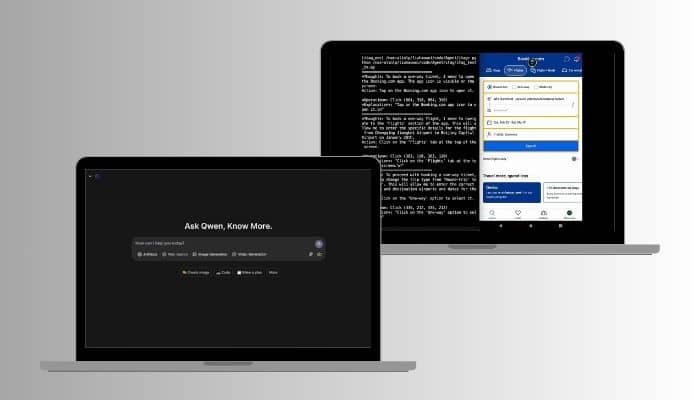Southeast Asia is a hot market for AI adoption. With competition among major players heating up and technology providers increasingly integrating AI into their offerings, AI is now more accessible to mid-market retailers as well as major enterprises. The region is also well-suited to AI integration, as this market typically moves quickly to implement new technologies once they are proven.
While affordable AI technologies and the appetite to harness them exist among retailers, there is a key challenge that is often absent from the frantic discourse found online or in the press: determining specific use cases that add value.
From chatbots to retrieval augmented generation systems (RAG) and autonomous AI agents, organisations are still working out how to implement AI effectively and efficiently. The excitement around AI’s potential is clear, but businesses need to ensure any implementation delivers tangible value, rather than just being there for the sake of it.
This leaves retailers in a challenging position. The pressure to adopt AI is significant and technologies are maturing fast. Companies must balance that pressure and identify practical applications that create real value for their business and customers.
What AI Adoption Looks Like in Retail Marketing
There are many ways a retailer could potentially integrate AI applications into its operations, depending on its size and needs.
For example, a retailer might sign up for one of the many generative AI platforms available to produce promotional images and graphics for marketing purposes.
If the company operates an online presence, another entry point might be an LLM-driven chatbot that can handle customer inquiries around things like opening hours, item availability, specials and return policies.
One increasingly popular and proven way that retailers in Southeast Asia can integrate AI into their operations is through solutions that leverage customer data to improve the shopping experience. We’re talking about authentic personalisation.
Personalisation makes a retail store so much more. It allows brands to provide a shopping experience that is tailored to each customer’s individual preferences.
Consider the following example. In the future, before setting foot in the store, customers of Cold Storage in Singapore might receive completely personalised product recommendations that consider not only their past purchases, dietary preferences and lifestyle, but also real-time contextual factors like the weather or local festivals.
These recommendations could be delivered through an app, via email, or even social media. The app could also create shopping lists based on weekly patterns and trends or upcoming holidays, helping customers save time while ensuring they don’t forget any regular staples.
Another key pre-shopping AI opportunity is in personalised offers and promotions, including challenge offers. Challenge offers provide a gamified experience where customers are increasingly rewarded for meeting specific targets, such as spending a certain amount over a set period. These challenges can again be tailored to a customer’s preferences, presenting goals or targets for product groups they like or buy often.
Personalisation also extends to the in-store experience, where recommendations might pop up in the app based on where customers are in the store. Customers might also be scanning products with their phones to receive reviews and recipes that they might like. Taking this a step further, supplier-funded personalised ads for attractive items could also be generated on a customer-by-customer basis.
A Proven Way to Bring AI to Retailers in Southeast Asia
Personalisation and gamification solutions for retail can help retail brands increase customer satisfaction and loyalty. Retailers don’t even need to have an existing loyalty program to get started.
In the case of Eagle Eye’s offering, for example, a retailer in Southeast Asia could get started delivering personalised challenge promotions, powered by AI, in as little as five weeks. This represents a speed to market that matches the region’s hunger to roll out technology solutions quickly.
Such solutions have already been delivered in other markets to great effect. For example, in the United Kingdom, major grocery brand Tesco has adopted AI and is using it to bring benefits to its customers.
Tesco launched Clubcard Challenges in May 2024. This is a loyalty-integrated gamification initiative that utilises AI to create customised, shopper-specific challenges.
Loyalty members are invited to participate in the game, and they are then served 20 distinct challenges, like spending £20 on summer BBQ supplies, for the chance to collect up to £50 in Clubcard points. Once all tasks are completed, they can win additional rewards.
In other markets, major coffee chain Starbucks is leveraging its Deep Brew technology to analyse customer preferences and contextual data, enabling personalised recommendations like suggesting cold drinks to specific customers during warm weather.
Similarly, French supermarket chain Carrefour has partnered with Eagle Eye to gamify its MyClub loyalty program, creating customised challenges and goals based on individual shopping patterns and purchase history data.
Make it Happen with AI
The examples and real-world case studies presented above demonstrate how retailers in the region can create powerful customer experiences, drive loyalty and increase profitability, all without extensive lead times or long implementation timelines.
Rollouts can be done quickly and cautiously. Pilot programs can be run to test effectiveness before moving to full-scale adoption.
Taking the first steps in AI-driven personalisation with a partner like Eagle Eye means retailers in Southeast Asia can get started with innovative solutions like challenge offers quickly and easily, taking the anxiety out of being left behind in the AI race and joining other early adopting global brands in reaping the benefits.

This thought leadership piece is written by Aaron Crowe, Regional Director, Eagle Eye, Asia















